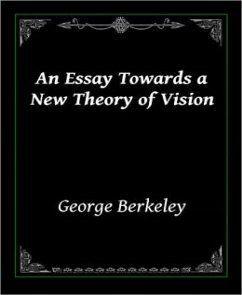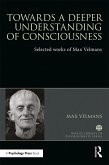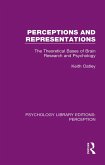George Berkeley was an Anglo-Irish philosopher whose primary achievement was the advancement of a theory he called "immaterialism" (later referred to as "subjective idealism" by others). This theory denies the existence of material substance and instead contends that familiar objects like tables and chairs are only ideas in the minds of perceivers, and as a result cannot exist without being perceived. Berkeley is also known for his critique of abstraction, an important premise in his argument for immaterialism. His first major work, An Essay towards a New Theory of Vision, in which he discussed the limitations of human vision and advanced the theory that the proper objects of sight are not material objects, but light and color. This foreshadowed his chief philosophical work A Treatise Concerning the Principles of Human Knowledge.
Dieser Download kann aus rechtlichen Gründen nur mit Rechnungsadresse in A, B, CY, D, DK, EW, E, FIN, F, GR, IRL, I, L, M, NL, P, S, SLO, SK ausgeliefert werden.









